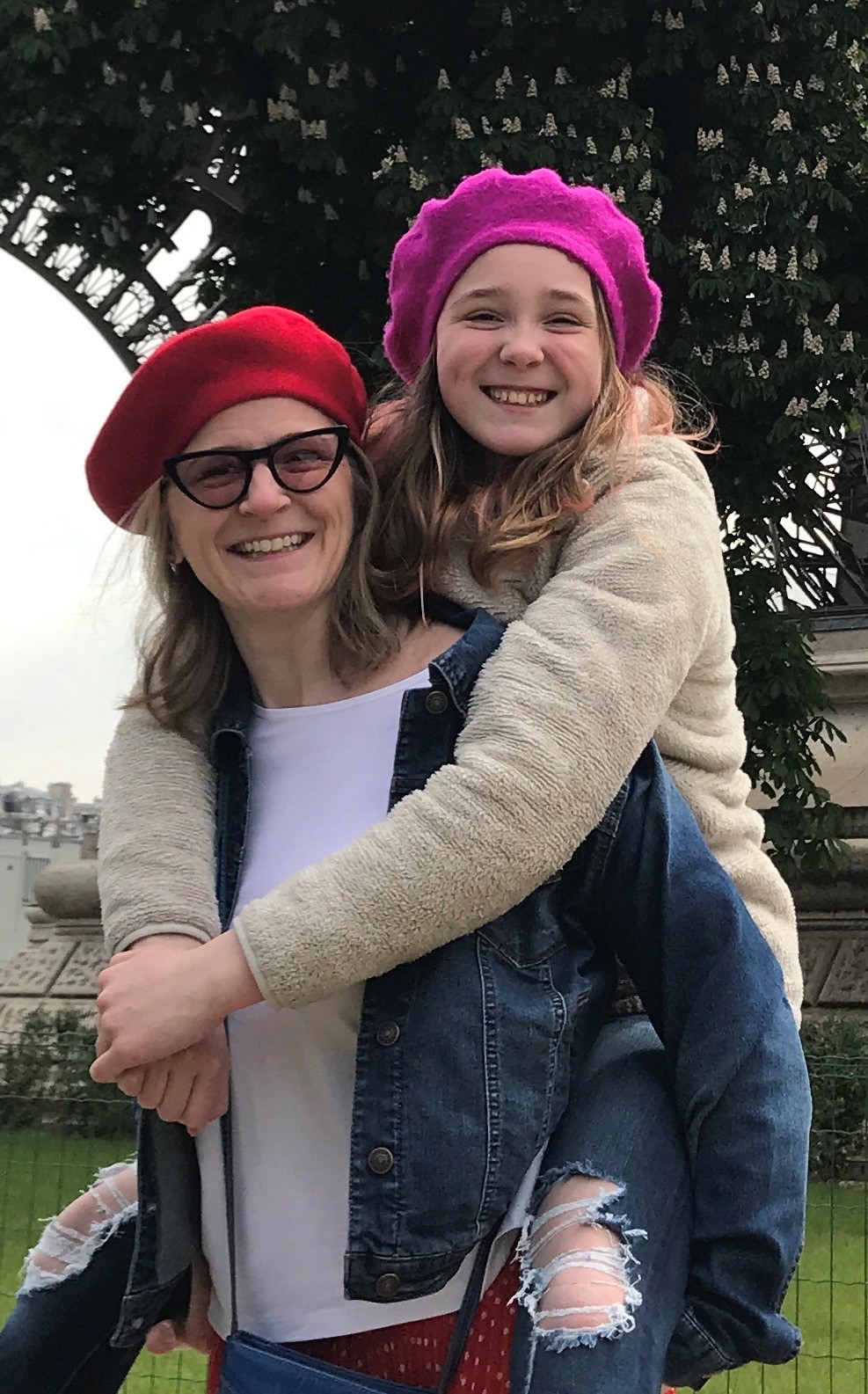This month, the Community Spotlights will introduce you to individuals who are exploring the idea that “no one is more welcome here than you” – a project of the Center for Jewish Engagement and Learning (CJEL).
“Your mom can’t be Jewish. She has blonde hair.”
“Your name is too Christian. You should change it.”
“You can’t light Shabbos candles. It’s not allowed.”
“You can’t come in [to shul] right now. They’re praying.”
These are just a handful of remarks spoken to either me or my daughter by well-intentioned friends within our Jewish community. For Jews by Choice and for interfaith families, the early journey is one in which we sometimes feel like there’s a place for us and sometimes feel like we don’t belong at all. We are in this ambiguous space–misunderstood and sometimes abandoned by our families and friends, yet not necessarily accepted or embraced by the Jewish community either. These observations are not intended as criticism. Avoiding strangers is a human condition. In fact, it is a lesson we emphatically teach our children because their safety and survival depend on it.
I purposely venture into various communities in Jewish Buffalo, often with my daughter in tow so that we can experience the variety and texture of Judaism. We have had some awesome experiences and made many new friends. One Shabbat, I entered a shul I had not yet visited. Clearly out of place, I awkwardly found a seat. I felt the gaze of those who had occupied all the rear seats, leaving me to sit in a forward row. As I considered an exit strategy, a woman approached and handed me a siddur, opened to the right page. At that time, I had not yet learned Hebrew, rendering the siddur little more than an ornament of assimilation with which to comfort myself. Still, this minor act of outreach meant the world to me. In that moment, I felt like it was okay that I was there.
Sensitivity to the stranger is so central to Judaism. In fact, every Passover, we internalize the bitterness of oppression—a reminder that in fact, we should not consider ourselves mainstream, naturalized citizens of any land, but that we see ourselves as the perpetual strangers in a strange land. That’s really what inclusion means to me and why I am so grateful to explore inclusion in Jewish Buffalo. Being the stranger may be less about barriers and more about perspective and the gift of a life lived in exactly the way God intended it.
We are grateful to Kirstie Henry for serving on the Inclusion Planning Team and are honored to feature her in this week’s My Jewish Buffalo.

